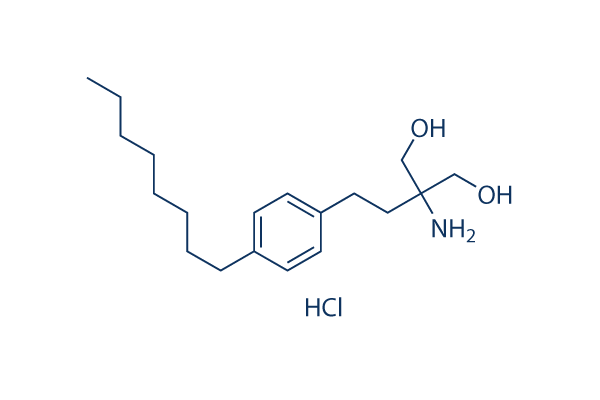The AktmTOR and AMPK signaling pathway is known as a vital regulator of physiological cell processes which include things like proliferation, differentiation, apoptosis, motility, metabolism, and autophagy. A few anti apoptotic signals such as the AktmTOR signaling pathway, and Bcl 2 suppress autophagy and concurring apoptotic signals such because the AMPK signaling pathway, and Bax activate autophagy. Conversely, autophagy may well inhibit apoptosis, as well as inhibition selleck chemical checkpoint inhibitors of autophagy can activate apoptosis. Autophagy also plays an very important function inside the upkeep of cellular energy and for cell survival in pressure circumstances. Endoplasmic Reticulum pressure and activation of AMPK are among the main regulators of autophagy, that are involved with biosynthesis, protein folding and modification of several soluble and insoluble proteins. The ER resident proteins, PERK and IRE1, and increased cytosolic calcium have been implicated as mediators of ER stress induced autophagy in mammalian cells.
These mediators activate autophagy by upregulating Atg12 and LC3 conversion. ER stress also leads to release of calcium from ER to cytosol, which in flip can activate many kinases which have been associated with autophagy signaling. Calcium mediated autophagy is regulated by AMP activated SNX-2112 protein kinase, which senses cellular vitality standing to maintain homeostasis. It is generally activated when ATP amounts are depleted inside the cells. Increase while in the cytosolic calcium leads to the activation of Ca2 calmodulin activating kinase kinase B which additional activates AMPK. In addition, each AMPK and mTOR regulate autophagy via coordinated phoshphorylation of Ulk1. Thus activating autophagy could abolish the resistance of CSCs to chemotherapy and could bring about the development of novel therapeutic approaches for the treatment method of several cancers.
Rott has been applied being a protein kinase C delta signaling pathway inhibitor. It inhibits cell proliferation and induces apoptosis through mitochondrial membrane depolarization. Not long ago, in several human cancer cells, Rott has become proven to induce a starvation response, which can be a important regulator of autophagy causing its induction. We have not too long ago reported the  existence and function of human pancreatic CSCs in autophagy resulting in apoptosis induced by Rott. Because breast cancer is made up of unusual breast CSCs, we sought to examine the molecular mechanism by which Rott induces autophagy in breast CSCs. Breast cancer is amongst the top rated gynecological cancers with substantial mortality prices. It can be commonly detected in late phases with poor prognosis. Right here we report that Rott induced early autophagy is mostly dependent over the induction of autophagosomes, conversion of LC3 I to LC3 II, expression of Atg12 and Beclin 1 and inhibition of Bcl two, Bcl xL, XIAP and cIAP one.
existence and function of human pancreatic CSCs in autophagy resulting in apoptosis induced by Rott. Because breast cancer is made up of unusual breast CSCs, we sought to examine the molecular mechanism by which Rott induces autophagy in breast CSCs. Breast cancer is amongst the top rated gynecological cancers with substantial mortality prices. It can be commonly detected in late phases with poor prognosis. Right here we report that Rott induced early autophagy is mostly dependent over the induction of autophagosomes, conversion of LC3 I to LC3 II, expression of Atg12 and Beclin 1 and inhibition of Bcl two, Bcl xL, XIAP and cIAP one.
LPA Receptor Signaling
A protein that in humans is encoded by the LPAR1 gene.
